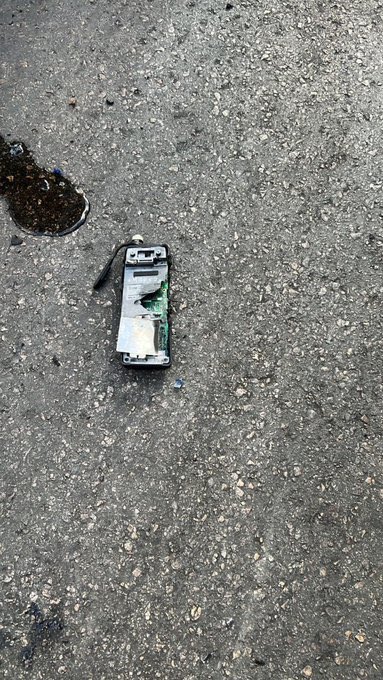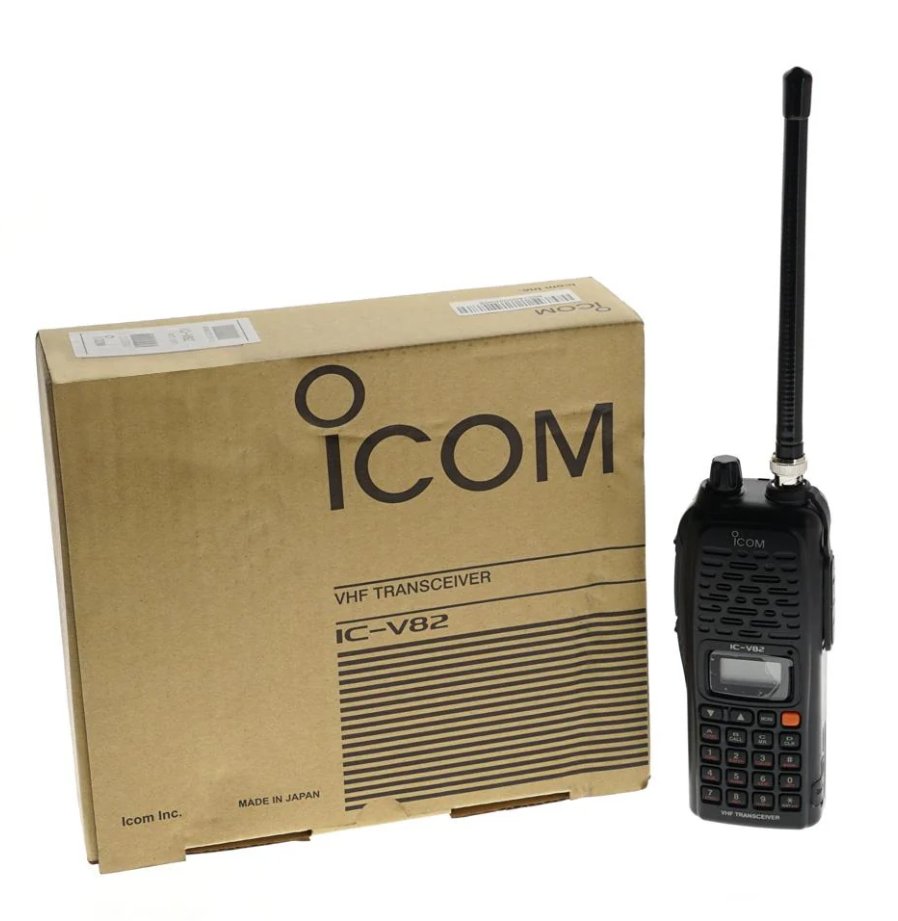The recent incidents of exploding wireless devices in the Middle East have indeed shocked billions of wireless device users and serve as a stark reminder of the potential dangers associated with wireless technology. While the explosive capability of these devices has captured global attention, there’s an often-overlooked, invisible risk that accompanies everyday wireless devices: the “blast” of microwaves they emit every time you make a call.
The Invisible Blast of Microwaves from Cell Phones
Every time you use your cell phone, it emits microwave radiation, a form of radiofrequency (RF) radiation. Unlike the explosions reported in the Middle East, this radiation is not powerful enough to cause immediate physical harm such as blowing off fingers. However, the long-term health effects of this exposure are a growing concern among scientists and health professionals.
Now, back to the news story
In a shocking continuation of the recent wave of attacks in Lebanon, walkie-talkies used by Hezbollah exploded on Wednesday, just a day after similar incidents involving pagers. These devices were purchased by Hezbollah around five months ago, the same time as the now-infamous pagers. Reports indicate that the walkie-talkies were manufactured by the Japanese company ICOM, with images showing internal panels labeled “ICOM” and “made in Japan.” At least three people were killed and over 100 injured in the explosions, which occurred at the site of a funeral for victims of the previous day’s attacks.
ICOM’s Role and Global Footprint
ICOM, the Japanese company whose walkie-talkies were involved in subsequent detonations, has a significant presence in global communication networks, including contracts with the U.S. federal government. The U.S. affiliate of ICOM has received at least $8.2 million in government contracts since 2008, highlighting the company’s extensive reach and integration into various communication infrastructures. This includes urgent orders with the U.S. General Services Administration, which was updated twelve days ago, and large-scale contracts with the U.S. Army, reflecting the vital role of secure communication devices in military operations.
The ICOM IC-V82 model, which matches the description of the exploded devices, was discontinued in 2014, raising questions about the provenance of these specific units. This incident follows reports of Israeli intelligence involvement in rigging pagers with explosives, and many are drawing parallels to these walkie-talkie explosions. The situation has led to calls for an independent investigation into these events, as the UN and human rights organizations express concern over the indiscriminate nature of these attacks.
Gold Apollo, the Taiwanese company originally believed to have produced the pagers, denied involvement, stating the devices were made under license by a company called BAC in Budapest, Hungary. The complex web of international manufacturing, supply chain breaches, and targeted detonations signals a new era of sophisticated, covert warfare.
A Second Wave of Devastating Blasts Targets Hezbollah Communications Devices
Beirut, Lebanon – In a series of synchronized explosions on Wednesday, at least 14 people were killed and more than 450 injured across Lebanon. This latest wave of attacks targeted walkie-talkies used by Hezbollah members, following a similar incident the previous day involving exploding pagers that killed 12 and wounded nearly 3,000. International observers are warning that the detonation of these booby-trapped communication devices may constitute a war crime.
A Coordinated Attack on Hezbollah
The attacks have been attributed to Israel by both Hezbollah and the Lebanese government. The targeted detonations, this time involving walkie-talkies, suggest a continuation of a strategic operation that seems to have involved a massive supply chain breach, possibly executed by Israeli intelligence. On Tuesday, pagers used by Hezbollah exploded in a coordinated fashion across Lebanon and parts of Syria, inflicting heavy casualties and sparking fears of an escalating conflict between Israel and Hezbollah.
Hezbollah’s Communication Devices Turned Against Them
Hezbollah has confirmed that the walkie-talkies used in Wednesday’s attack were indeed targeted. The explosions were described as “small in size,” similar to those that occurred with the pagers. The United Nations Secretary-General António Guterres condemned the attacks, suggesting that the operation might have been a preemptive strike preceding a larger military offensive. He emphasized that such operations violate international humanitarian law, especially if they indiscriminately target individuals without distinction between military and civilian targets.

Potential Supply Chain Breach
Reports indicate that this complex operation might have involved inserting explosives into communication devices through a supply chain interdiction. These devices, including pagers and walkie-talkies, are believed to have been intercepted and modified before reaching Hezbollah. Experts suggest that a tiny amount of Pentaerythritol Tetranitrate (PETN), a potent explosive, was inserted into the devices and later remotely detonated. This theory is supported by the coordinated nature of the explosions and the high level of sophistication required for such an attack.
International Reaction and Concerns
The simultaneous explosions have raised serious international concerns. UN High Commissioner for Human Rights, Volker Türk, stated that the targeting of thousands of individuals with no regard for their location or surroundings constitutes a violation of international human rights law. The use of booby traps, particularly in devices associated with normal civilian use, is prohibited under customary international humanitarian law to prevent civilian harm.
Human Rights Watch also condemned the use of such explosive devices, emphasizing that their indiscriminate nature would be unlawful. The organization called for a prompt and impartial investigation into the attacks to determine the responsible parties and the legality of the operation.
Possible Israeli Involvement and Military Implications
While Israel has not officially claimed responsibility for either set of attacks, Israeli officials have hinted at the operation’s strategic nature. Israeli Defense Minister Yoav Gallant mentioned a shift in military focus towards the northern front with Hezbollah, and Prime Minister Benjamin Netanyahu spoke of returning displaced residents to their homes, suggesting preparations for further escalation. Israeli media speculated that the devices were detonated over concerns that Hezbollah was close to uncovering the operation.
Escalating Tensions
The attacks on Hezbollah’s communication network have heightened tensions in the region. The incident involving walkie-talkies exploding during a funeral for victims of the previous day’s pager blasts only added to the chaos and fear. The Lebanese government and Hezbollah have accused Israel of conducting these attacks as part of a broader campaign against the group, raising the specter of a potential regional conflict.
Conclusion: A Precarious Situation
The use of explosive-rigged communication devices marks a new and dangerous development in the conflict between Israel and Hezbollah. The precision, scale, and timing of the attacks indicate a high level of sophistication, possibly involving supply chain manipulation and advanced cyber-kinetic tactics. As the international community watches closely, there are growing concerns about the implications of this operation on international law and the potential for further escalation in an already volatile region.








